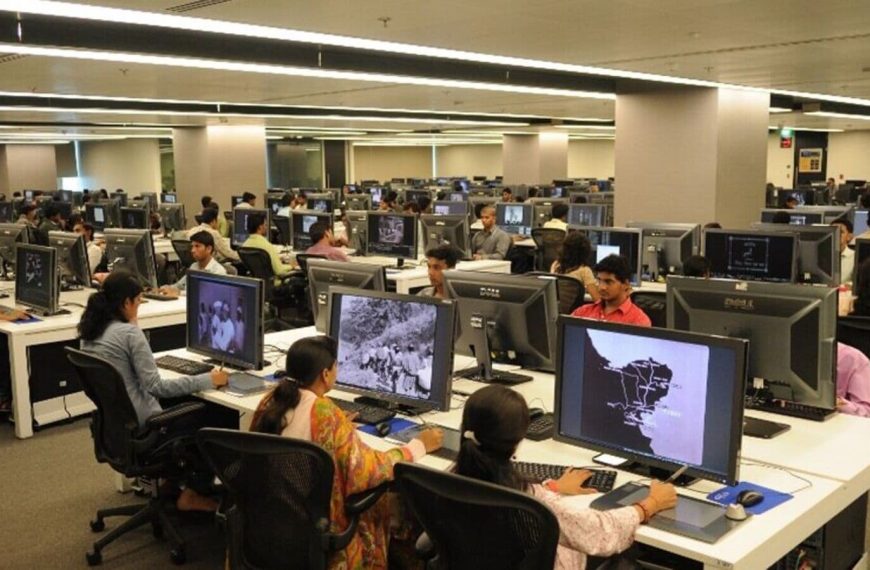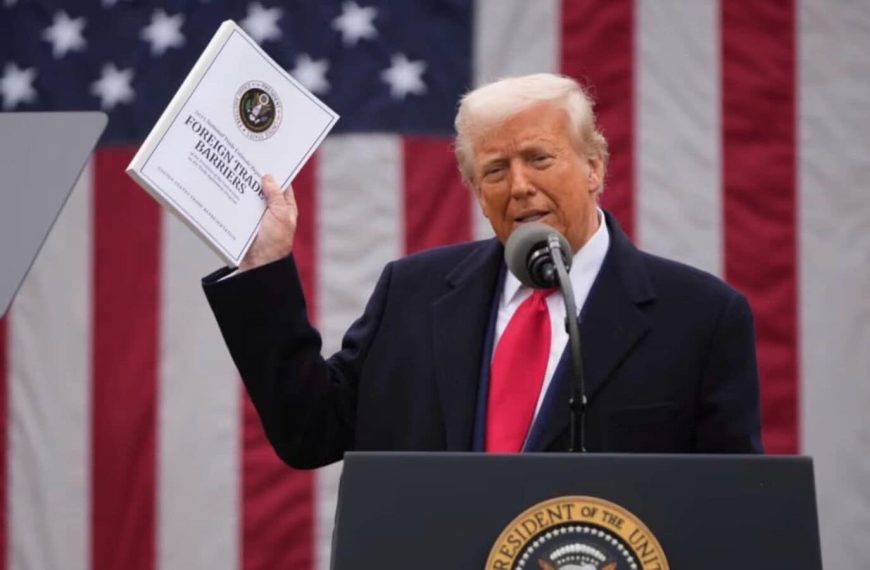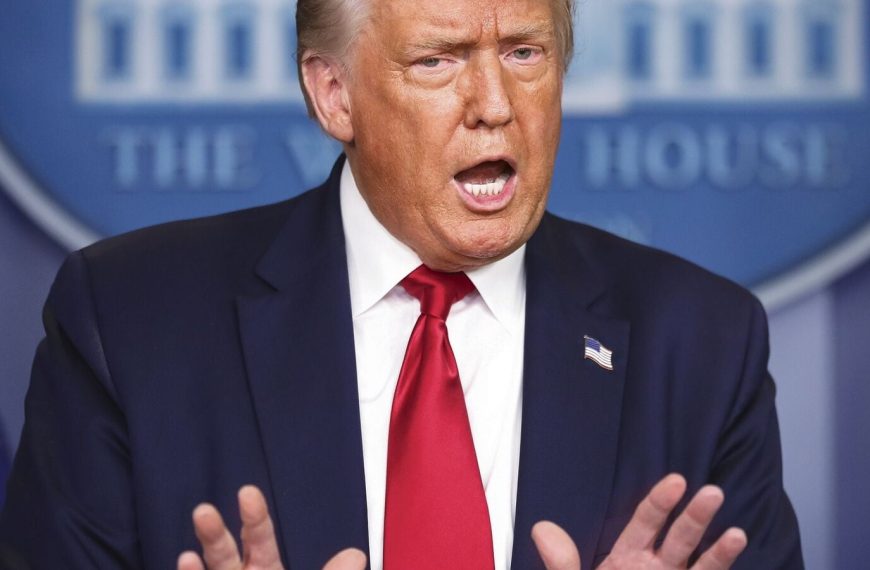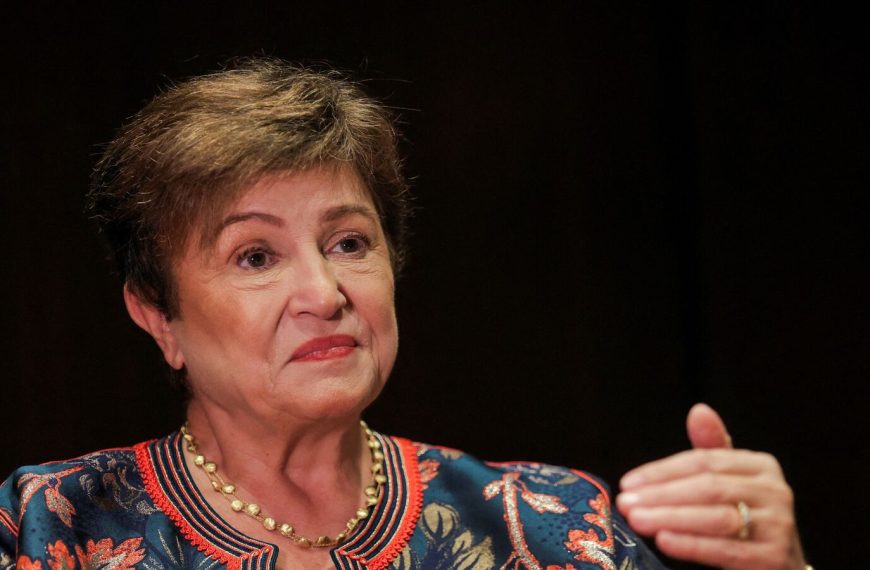During the current financial year, the Delhi government has reported a staggering revenue of over ₹5,000 crore from liquor sales, highlighting the lucrative nature of this industry in the national capital. With nearly 6 lakh litres of alcohol sold daily, the figures reveal significant growth in excise earnings. This data was unveiled in a response to BJP MLA Abhay Verma, shedding light on the financial dynamics surrounding liquor sales in Delhi.
Impressive Revenue from Liquor Sales
According to the newly-elected BJP government, Delhi has amassed an impressive ₹5,068.92 crore from excise duty and Value Added Tax (VAT) on liquor from April 2024 to February 2025. This marks a notable financial achievement compared to the previous year, where the Kejriwal administration managed to collect ₹5,164 crore in FY 2023-24.
- Liquor Revenue Overview:
- FY 2024-25: ₹5,068.92 crore (till February 2025)
- FY 2023-24: ₹5,164 crore
- FY 2022-23: ₹5,547 crore
- FY 2021-22: ₹5,487 crore
Daily Alcohol Sales Surge
In the fiscal year of 2023-24, Delhi recorded sales of 21.27 crore litres of alcohol, averaging approximately 5.82 lakh litres daily. This is a slight decrease compared to 25.84 crore litres sold in 2022-23, yet it underscores the substantial demand for alcoholic beverages in the city.
Milk Sales Lag Significantly Behind
In stark contrast, the revenue generated from milk and dairy products during the same financial year was a mere ₹210 crore. Despite being a staple in many households, tax collection from these products has shown a downward trend:
- Milk Revenue Overview:
- FY 2024-25: ₹209.9 crore (till February 2025)
- FY 2023-24: ₹300 crore
- FY 2022-23: ₹365 crore
Political Implications and Controversies
The timing of these revelations is particularly crucial as the BJP continues to scrutinize the Aam Aadmi Party (AAP) for its previous liquor policy, which has been marred by allegations of corruption. The controversy around this policy has had significant electoral implications, contributing to the BJP’s victory in the recent Delhi Assembly elections. Former Delhi Chief Minister Arvind Kejriwal, along with his deputy Manish Sisodia, faced legal challenges related to the alleged liquor policy scam, although both were later granted bail.
The current Delhi government, under Chief Minister Rekha Gupta, pointed out that the previous AAP-led administration allowed only private shops to sell liquor from November 2021 until August 2022. After the scrapping of this policy in September 2022, government liquor stores resumed operations.
Conclusion
With the rapid increase in liquor sales and the significant tax revenue generated, the Delhi government’s financial landscape is heavily influenced by the alcohol industry. As the political narrative continues to evolve, the impact of these financial figures on future governance and policy decisions remains to be seen.










